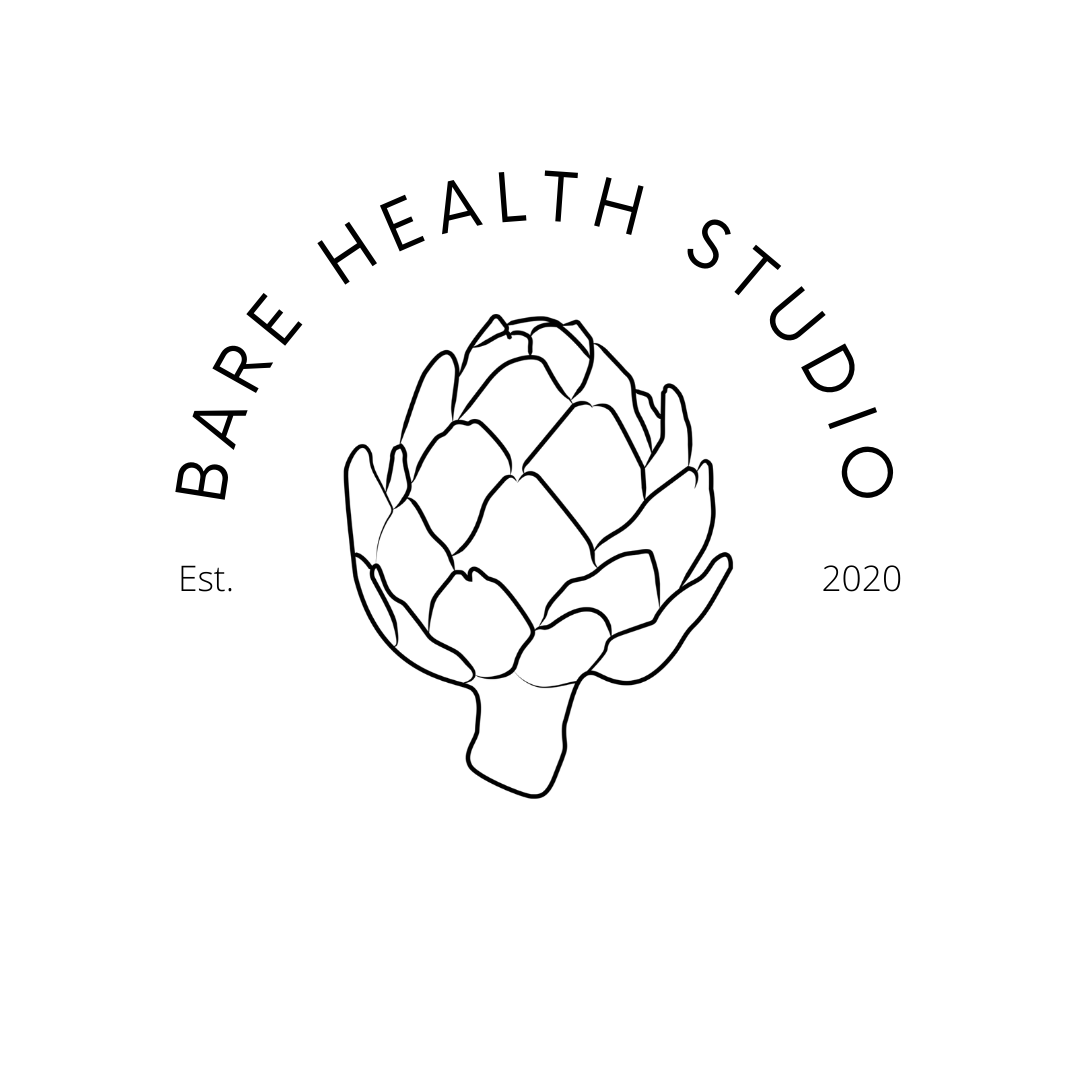Why Are Testosterone Levels Dropping?
Testosterone is an androgen, or sex hormone. People of all sexes have testosterone in their system. However, levels are naturally higher in men and people assigned male at birth.
Within this group, testosterone helps maintain and develop:
Sex organs, genitalia and reproductive function
A sense of well-being
Muscle mass
Bone health
Red blood cell count
Studies show that age-specific testosterone levels in men have been in a slow and consistent decline for several decades. It’s normal for testosterone levels to decline as people age. The average drop is about 1% per year after age 30. But ongoing research shows decreases that are unrelated to aging. These studies compare people of the same age in different years. (For example, a 45-year-old man in 1987, 1995 and 2002.)
Factors contributing to low testosterone
Body composition: Excessive weight and elevated BMI (body mass index) measurements put added stress on your body, which seems to affect testosterone production and its natural distribution process.
Not building muscle: Lifting weights lifts your testosterone levels. Endurance activities such as long-distance running and cycling have been shown to lower testosterone levels.
Diet: Eating a well-balanced, nutritious diet puts your body in a position to function at it's best, and that includes testosterone production.
Alcohol: Chronic and excessive drinking ultimately decreases testosterone production.
Sleep: Your testosterone levels are typically highest in the morning after your body recharges while sleeping. The process breaks down if your sleep is poor.
A health-promoting lifestyle, including diet, is important for maintaining optimal testosterone levels.
If you have low testosterone or suspect that you’re experiencing symptoms of low testosterone, it’s important to consult with a healthcare professional for advice on the right testing and treatment.
10 Signs of Low Testosterone
Low sex drive
Difficulty achieving and maintaining an erection
Hot flashes
Hair loss
Fatigue
Decreased muscle mass
Increased body fat
Decreased bone mass
Mood changes
Affected memory
Our practitioners can work with you to optimise your testosterone levels and treat the root cause of low testosterone.
PMID: 29882545
PMID: 28448539
PMID: 17062768
PMID: 17895324

